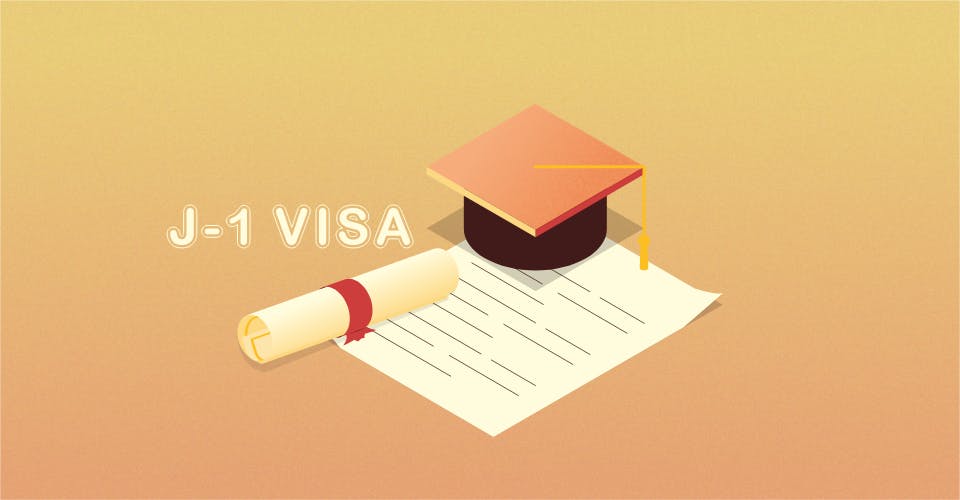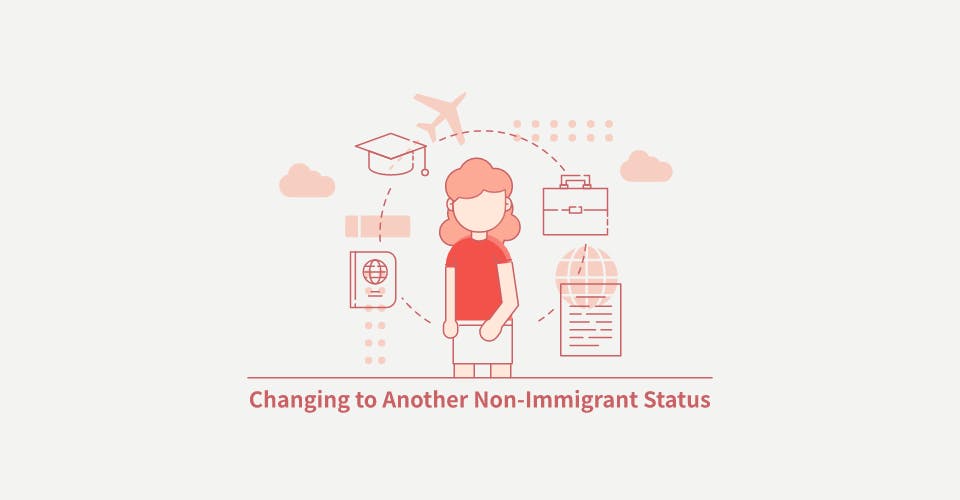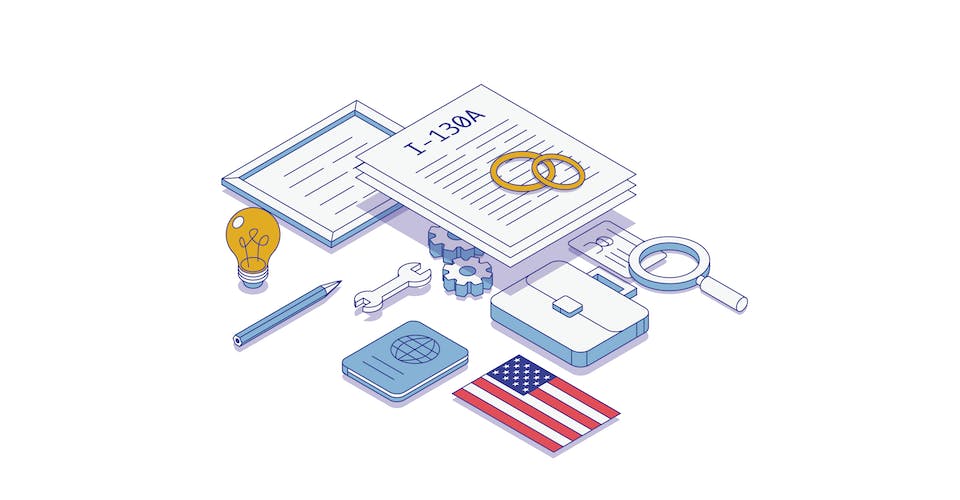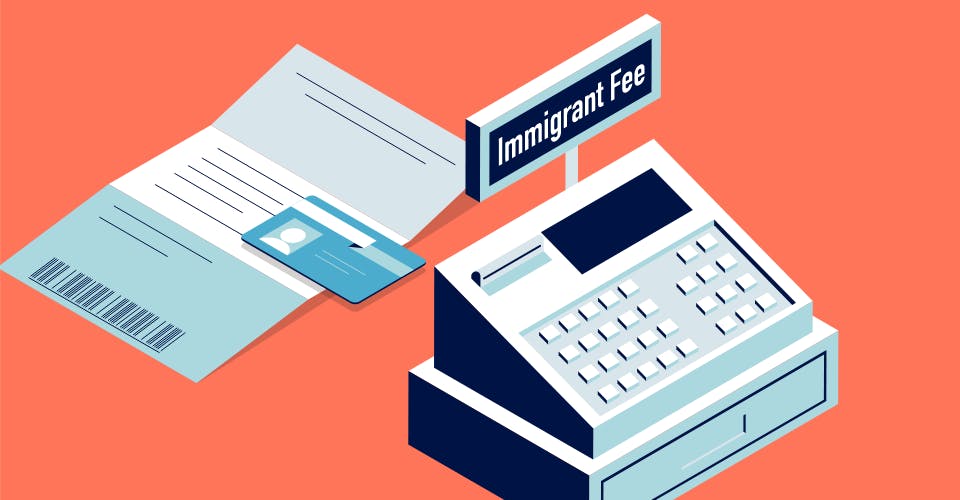International students and scholars are responsible for creating important innovations and technologies in the United States. For example in the past year, several employment based foreigners in the U.S. have been credited with helping to discover, implement, and assist on the technological rollout of Covid-19 vaccines. As such, international talent is needed in the U.S. economy. Yet at the same time international visa holders consistently experience different obstacles just to avoid falling out of status in the U.S.
In this blog, we will cover some of the difficulties that are currently being experienced especially by J-1 non-immigrant visa holders and their path to legal residence in the U.S.
1. Stipends and Cost of Living
Graduate students on J-1 visas in the U.S. might be shocked when they realize how expensive some U.S. cities are to live in. The cost of rent in some college towns around the U.S. is at least double or triple what some students might be used to paying in their home country. As such, this can make for stressful situations for international J-1 visa holders.
One of the best ways to manage this situation is to talk to someone who works in the housing department of the associated university. Many universities offer graduate housing, which is exclusively available for graduate students, such as UC Boulder. This means in addition to having reduced costs, J-1s will be able to live with other international students which can be comforting. Pursuing this option can give international students a more ideal place to live and reduce the stress of trying to live alone off campus.
2. OPT is Valid for Three Months
Another issue often experienced by J-1 non-immigrant PhD students in the U.S. is the fact that OPT—Optional Practical Training, is only available, if pursued, for a three month period after the individual graduates if they are in a non-STEM major. For example, any J-1 student in the humanities will not be able to pursue OPT for the 12 month period allotted to STEM majors. This can make trying to remain in the U.S. difficult because of the fact that 3 months is usually not enough time to ask for a petition or permanent job offer from an employer.
3. Two Year Home Residency Requirement
If you are feeling as though you will run out of options once you graduate with a PhD or Masters while a J-1 non-immigrant because of the two year home residency requirement, you should know that there are some options available. For example, J-1 non-immigrants can apply for a J-1 Waiver based on five statutory issue areas:
- No Objection Statement (from origin country government)
- Interested Government Agency in the U.S.
- Claim of Persecution
- Claim of Exceptional Hardship
- Request from Designated State Health Agency
While pursuing a green card or legal residence in the U.S. can be difficult for J-1 non-immigrant exchange students, there are definitely options and ways for such individuals to settle down in the U.S. For students who would be interested in pursuing a J-1 waiver as mentioned above, it is a good idea to start writing these letters and prefacing them with native English speakers in the meantime.
Those interested in OPT should communicate to their bosses, once hired, that they are interested in full time employment in the U.S. and should take steps to secure a petition from their employer as three months will go by quickly.














